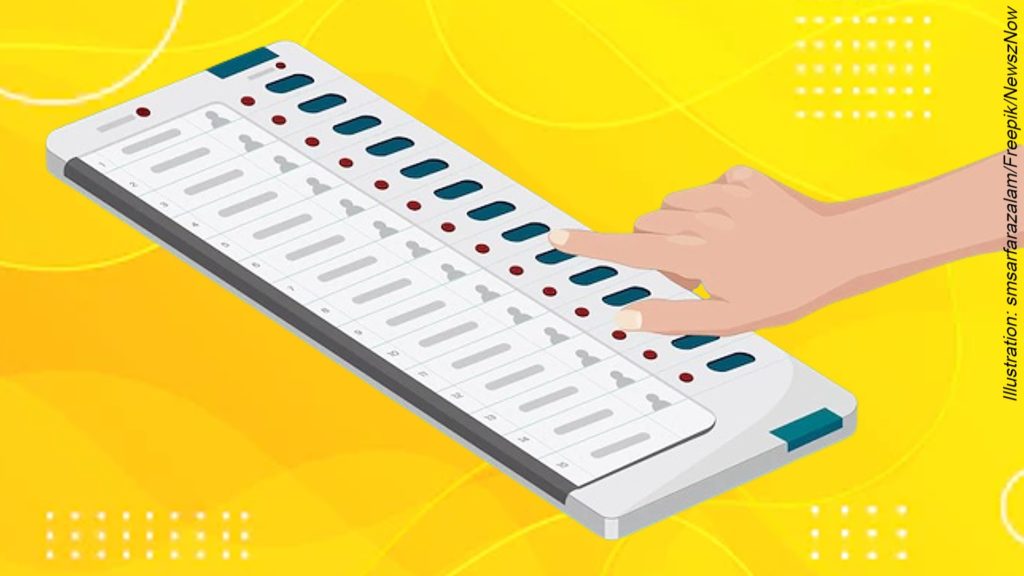Lok Sabha 2024: Vote count discrepancy in so many seats matter of concern

A close look at the data from 543 Lok Sabha constituencies in the 2024 general elections, released by the Election Commission of India (ECI) raises a matter of big concern. Why is there a vote count discrepancy is most of the constituencies? That is, there is a difference between the number of EVM votes counted and the number of EVM votes polled. In most cases, the former is more than the latter.
Where this difference is less than the margin of victory (that is, the number of votes by which a candidate has won), the number may not matter. But it matters in the sense that it reflects on the integrity of the entire voting process.
These and other pertinent questions have been raised in an article by Poonam Agarwal, a senior journalist and an advocate of electoral transparency, on The Wire website.
The ECI data shows that in more than 150 constituencies, the number of EVM votes counted surpassed that of the votes polled, with the difference ranging from two to 3,811 votes.
The reverse also happened in a few cases, that is, the number of EVM votes counted was less that of the votes polled, with the highest difference being 16,791 votes.
The chief electoral officer (CEO) of Uttar Pradesh (UP) stated on X (formerly Twitter) that votes polled at polling stations are not counted if the presiding officer by mistake fails to clear the control unit of mock poll data or if the votes recorded in the control unit does not match the number in Form 17-C prepared by the presiding officer. In such cases, the votes in those control units are counted only if the “total of votes polled in all such polling stations is equal to or greater than the margin between the first and the second candidate”. If less, the final result won’t change.
But the UP CEO’s explanation of control units recording less number of votes than the number of electors recorded at a particular polling station is not completely satisfactory.
In fact, there is a view that where the victory margins were narrow, a full recounting should be ordered by the ECI because if the EVM malfunctioned or there was a clerical error (the form 17-C issue mentioned earlier), a count of the VVPAT slips would remove all confusions.
This is as far as less number of votes counted than polled goes. As for more number of votes counted than polled, which means votes getting magically added after polling was over, with more than 150 constituencies recording such events, the ECI has not provided any explanation.
The opinion piece by Poonam Agarwal lists the following seven important questions that need to be answered by the ECI:
- How could the ECI explain surplus votes counted, that is, more votes counted than were cast?
- Why is the ECI not giving parliamentary constituency-wise clarifications on the deficit or surplus EVM votes counted rather than making a generic statement?
- How did he come to the conclusion that the difference between votes polled and counted is due to the non-deletion of mock poll data?
- Is the ECI accepting that there were discrepancies in the number of votes polled as mentioned in Forms 17-C and the number of votes recorded in control units in some constituencies?
- On average, one EVM records 700 to 800 votes per polling booth. Then why is the number of deficit votes in some PCs as low as 20-30 votes?
- Why didn’t the ECI count all EVM votes polled and, if needed, the VVPAT slips in places where the winning margin was very slim?
- Will the ECI inform the public about how many EVMs were set aside and why?
Not just this, the ECI’s integrity touched a new low during the 2024 Lok Sabha elections, especially when it showed reluctance in sharing the absolute number of votes polled. It started releasing the data only after a major pushback from political parties and civil society members.







